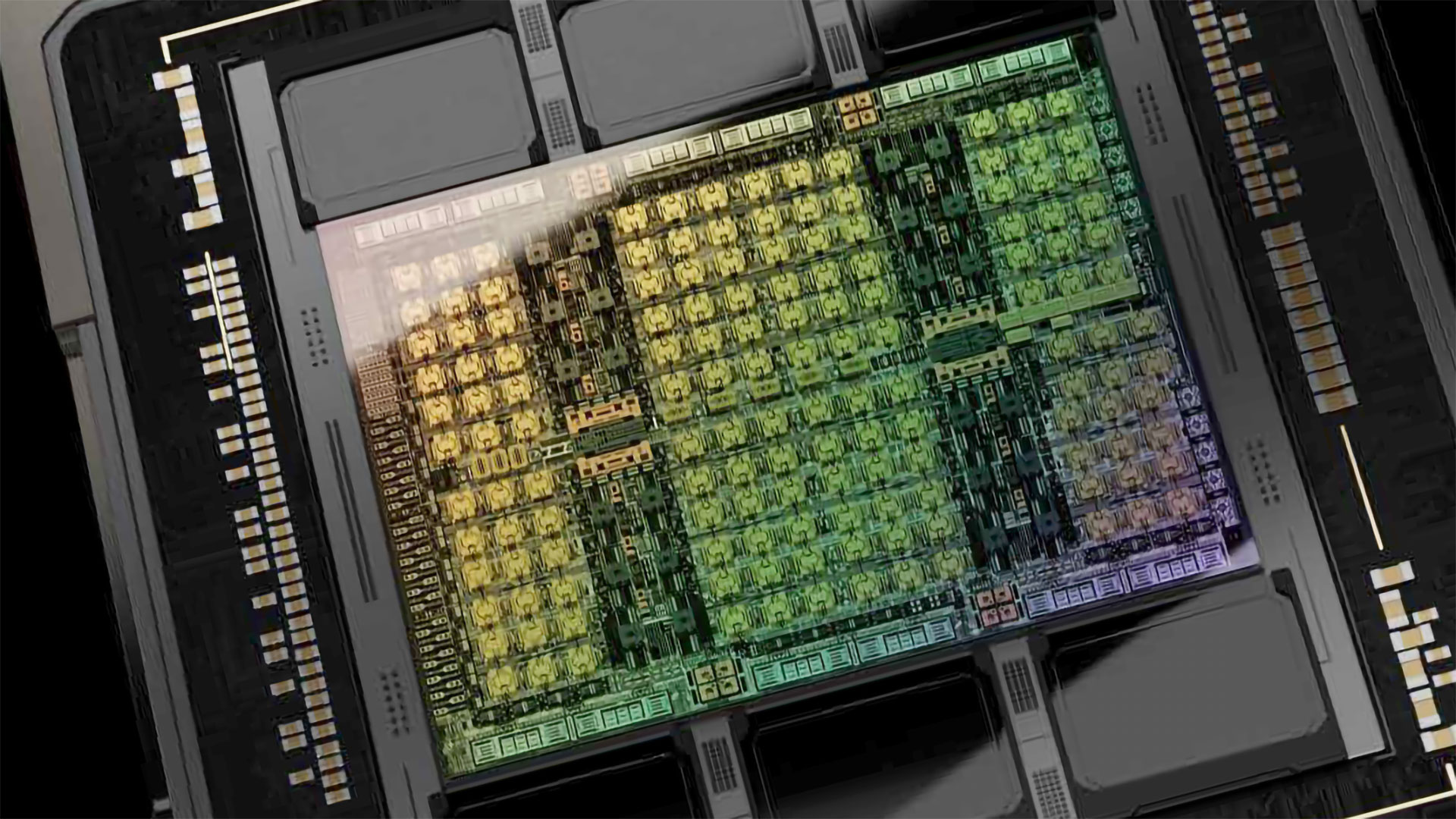Nvidia to make $12 billion selling AI GPUs to China — firm to sell over one million sanctions-compliant HGX H20 in 2024
By just selling U.S. government-approved GPUs for AI and HPC.

Get Tom's Hardware's best news and in-depth reviews, straight to your inbox.
You are now subscribed
Your newsletter sign-up was successful
Although the U.S. government has set rather tight restrictions on the performance of AI GPUs that can be shipped to Chinese entities without an export license by the Department of Commerce's Industry and Security Bureau, Nvidia's latest offerings tailored for the country are still good enough to compete against China's domestic GPUs. As a result, the company will earn some $12 billion selling them to its Chinese customers, analysts believe, reports Financial Times.
Nvidia's HGX H20 GPUs are seeing strong demand in China. The company expects to ship over one million HGX H20 GPUs to China, significantly more than Huawei's anticipated Ascend 910B AI processor sales. According to FT, Huawei is projected to sell about 550,000 of its Ascend 910B in 2024, based on data from SemiAnalysis. Nvidia's HGX H20 GPUs are priced between $12,000 and $13,000 each, potentially generating over $12 billion in revenue, surpassing Nvidia's total China earnings from the previous year, which included sales to PC gamers and other products, based on data from analysts cited by the business daily.
Nvidia's new HGX H20 GPUs for AI are designed to comply with U.S. export rules while still providing rather formidable performance for AI applications. In particular, these GPUs offer up to 296 INT8 TOPS/FP8 TFLOPS, 96 GB of HBM3 memory onboard, and up to 4.0 TB/s of memory bandwidth. Such performance, memory bandwidth, and capacity make it a tough competitor for all entry-level AI processors. Although less potent on paper, HGX H20 outperforms Huawei's AI processors in practical applications due to superior memory performance, according to Dylan Patel from SemiAnalysis.
Most Chinese AI companies have built their application ecosystem using Nvidia's CUDA platform, making a switch to Huawei costly and time-consuming. Considering that the HGX H20 GPU fully supports Nvidia's CUDA platform, this will be a default choice for many companies and applications, even though it is dramatically slower than the full-blown H100.
U.S. restrictions aim to limit China's access to powerful AI processors due to concerns about national security and economic competition. It has made it harder for Chinese tech giants like Alibaba, ByteDance, and Tencent to compete with their U.S. counterparts, such as OpenAI, Microsoft, Meta, and Google. However, the export restrictions have significantly impacted Nvidia's business in China, reducing its revenue share from the region. China now represents only 9% of Nvidia's total revenue compared to 22% a year earlier. Despite reduced sequential sales ahead of the HGX H20 rollout, Nvidia's overall revenues from China grew by over 50% year-on-year to $2.5 billion in the most recent quarter, according to FT.
Nvidia's strategic adaptation to U.S. export controls by introducing the H20 processor reflects its effort to maintain a presence in the Chinese market. Based on estimates from analysts, Chinese companies will welcome the HGX H20 wholeheartedly.
Get Tom's Hardware's best news and in-depth reviews, straight to your inbox.

Anton Shilov is a contributing writer at Tom’s Hardware. Over the past couple of decades, he has covered everything from CPUs and GPUs to supercomputers and from modern process technologies and latest fab tools to high-tech industry trends.
-
svengollie Its funny all the writers say "AI and words like chip" no AI chip as an ASIC exists, they all run AI and non AI if we look at the category, we don't have AI only OS and firmware yet, so no such thing as an AI chip today.....Reply -
MacZ24 The more you sanction China, the more it will have to pull through and the stronger it will become.Reply
If you think the escalading sanctions and tarriffs on China are a result of mediocre chinese production and R&D, it means the brain drain is already advanced.
Good luck.
Countries with the most STEM graduates (2016) -
dmylrea The fact that even one chip is sold to China for use to empower China's AI capability, is troubling.Reply
But to sell a million chips -- what is nVidia thinking and how does the US allow that?